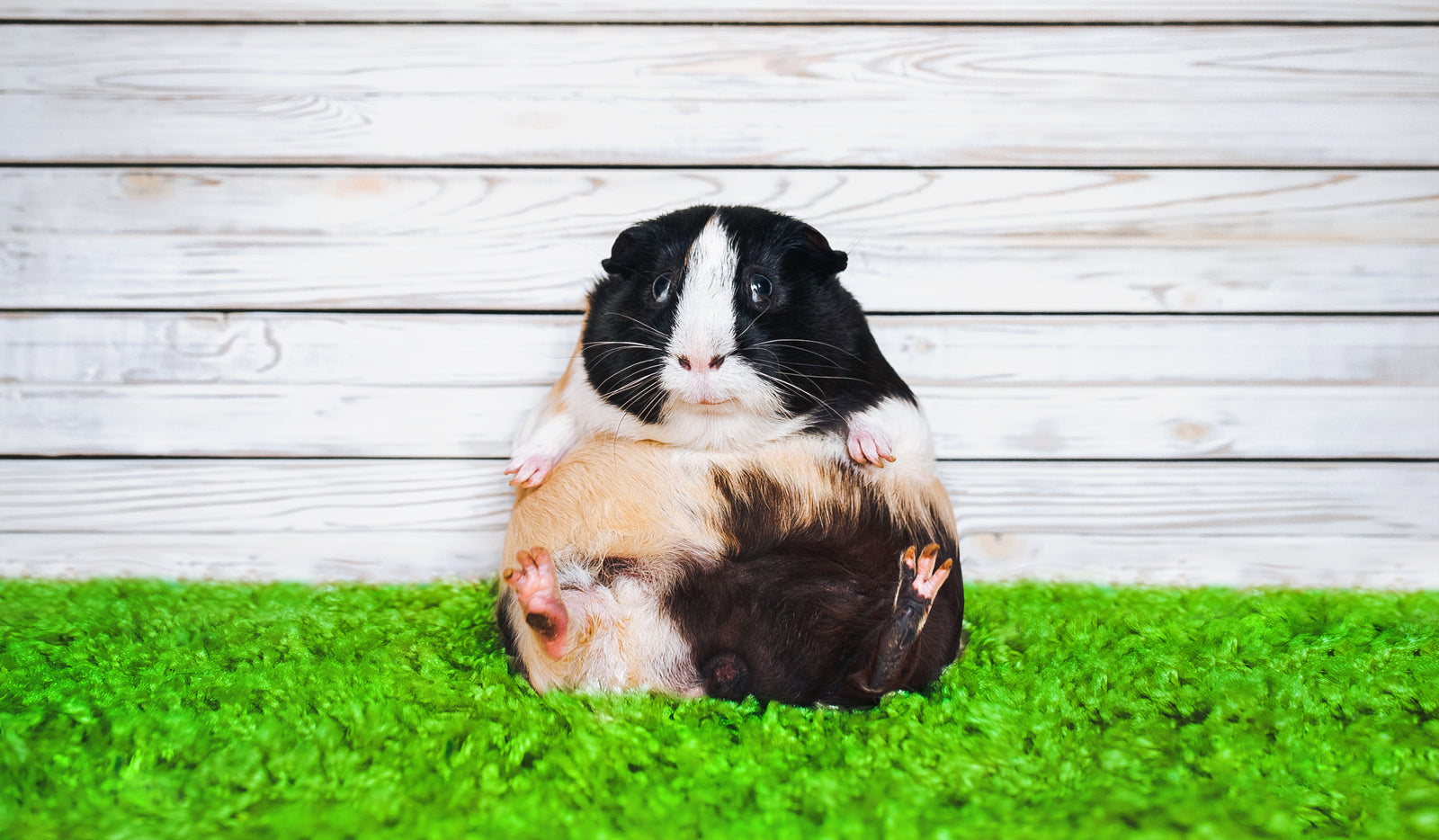What You Need to Know About Bloating

How listening to your body can help you achieve the healthy lifestyle you seek and avoid the bloating and discomfort you hate.
We’ve all felt it: that unusual feeling that your stomach has stretched to the limit. It is uncomfortable and makes zipping up your favourite pair of skinny jeans a workout.
What caused the puffiness? Maybe it’s the large dinner you just had, but perhaps you just had a smoothie? There are numerous reasons why you might be experiencing such discomfort in your belly, and we can help you understand them.
Abdominal bloating usually occurs due to the buildup of gas in the abdomen. Fluid retention is another possible culprit. Bloating feels different to everyone, but it’s generally a sensation of tightness in your midsection. More often than not, bloating can be severe and may require immediate attention.
First, let’s look at some of the major causes.
Excessive Eating
Remember Thanksgiving dinner and Barb’s potluck? Managing portion sizes can be so difficult when the food is so good. Your stomach is only about the size of your fist and can only stretch so much. What’s even worse, you may have some gastrointestinal tract sensitivities. Picking the wrong types of food from the buffet is potentially the most common cause of bloating.
Carbohydrates
Starchy foods give your body the energy it needs, but too many carbs at once can cause water retention in your body. Starches are absorbed in your bloodstream almost instantly. Therefore, excessive portions will often lead to bloating.
Eating too fast
The quicker you eat, the more you are likely to swallow air pockets and increase the likelihood of experiencing a swollen belly full of air. Also when you eat fast, you rob your body the chance to keep track of what you are consuming thus sending the wrong signals to your brain, and you might end up feeling overly full with a distended stomach.
Too many fizzy drinks
Carbonated beverages such as sparkling wine, water and soda can cause bloating. The fizz can cause gas to get trapped in your stomach.
Medication
Some drugs usually have side effects that include bloating. These may include, but are not limited to, birth control pills, steroids, codeine and non-steroidal anti-inflammatory drugs. On the other hand, codeine may slow down digestive activity in the GI tract and may cause bloat problems.
Solution: How to Prevent Bloating
- Portion Control. Eat just enough for your stomach and only when you’re hungry.
- Chew Thoroughly. Take your time to chew food properly before swallowing. Enzymes in saliva will help start the digestive process and this time will send signals to the but and brain about what’s coming down the line.
- Fizz Control. Limit the number of carbonated drinks you consume and switch to healthier alternatives.
- Food Sensitivities. Avoid consuming your trigger foods.
- Carb Control. Avoid eating too many simple carbohydrates. Two bread rolls are too much.
- Medication Alert. Don’t stop taking medications, but if they are part of this picture, speak to your doctor about potential alternatives.
No one likes to feel bloated, but it happens. Frequent occurrences can indicate digestive health concerns. Make sure your food and lifestyle choices support your unique system.
If you suffer from bloating and are interested in discovering the right food choices to support your healthy lifestyle, our friendly Slimwell staff can help guide you in the right direction. Call us today for a no-obligation chat about your needs.